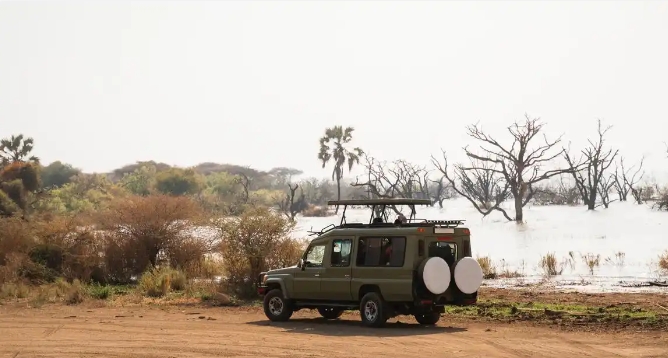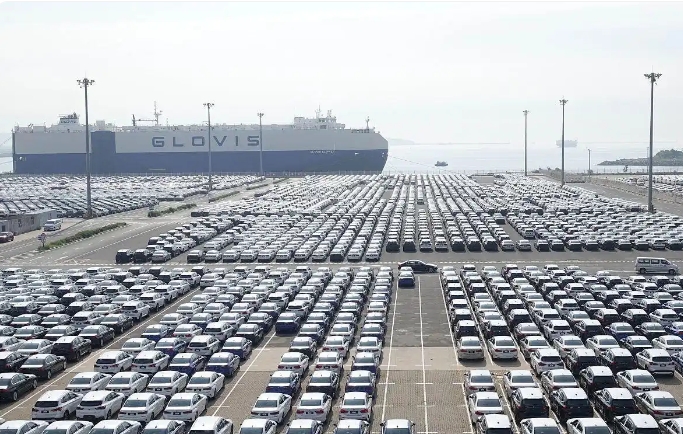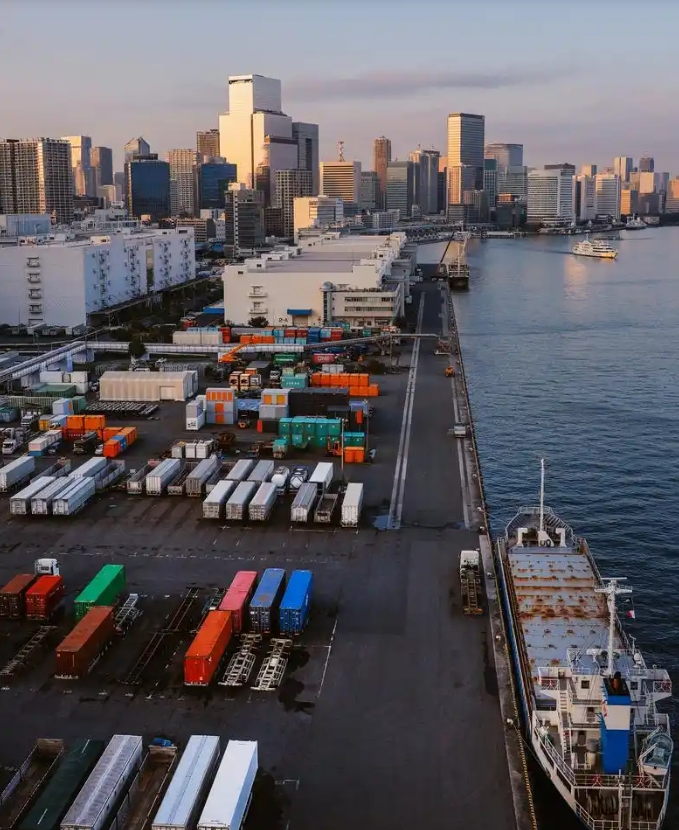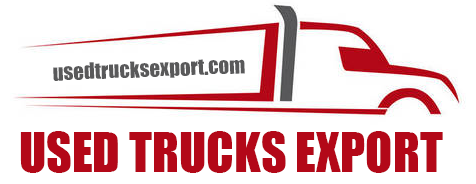Nigeria: The Rising Star of Africa’s Auto Trade
In the fast-developing landscape of Africa, Nigeria stands out as one of the most dynamic players in the automotive trade. With a population of over 200 million, this massive market attracts global investors with its unique economic structure and consumer behavior. The used car import business, in particular, has long dominated the market, reflecting both consumer realities and immense commercial potential. To truly understand this market, let’s explore its key drivers and future trends.


I. Market Overview: A Demand-Driven Giant
Nigeria, located in West Africa, is the continent’s most populous nation and a key economic force. Rapid urbanization and a growing middle class have fueled rising demand for automobiles. Given affordability constraints, used cars remain the preferred choice for most consumers, making the market highly active.
While the new car market is still emerging, it has shown steady growth since 2021, with sales surpassing 13,000 units in 2023 (a 19% YoY increase). Japanese brands, especially Toyota, dominate due to their durability and ease of maintenance. Local brand Innoson is also gaining traction with cost-effective offerings. Chinese automakers like Sinotruk and Yutong are expanding through joint ventures, signaling future competition.
However, used cars account for over 95% of Nigeria’s auto market, with ~700,000 units traded annually—200,000+ imported, mainly from the U.S., Japan, and Europe. Key entry points are Apapa and Lagos ports, from where vehicles disperse nationwide. Given economic realities, used cars will remain the market backbone for years to come.

II. Policy Insights: Navigating Regulations
1、Tighter Import Rules
Only left-hand-drive vehicles are allowed.
Since 2023, cars older than 12 years are banned to improve road safety and emissions.
2、Complex Tax Structure
Base tariffs: 20% duty + 15% auto levy + 7.5% VAT.
Engine-size surcharges:
2–3.9L: +2%
4L+: +4%
Exemptions: Sub-2L vehicles, EVs, and buses enjoy zero duty.
3、Documentation Challenges
Required paperwork includes:
3-year corporate tax records
Vehicle inspection reports
Original invoice & certificate of origin (CCVO)
Bill of lading
Missing documents can cause costly clearance delays.


Conclusion: Stability Meets Opportunity
Nigeria’s used car market is a land of promise but not without risks. Success hinges on understanding local dynamics, adapting to policies, and optimizing supply chains. For Chinese businesses, the key lies in balancing short-term gains with long-term resilience—steady, strategic moves will unlock this market’s true potential.
(Translated with Nigerian localization, e.g., "Apapa Port" instead of "Port of Apapa.")
Key Terms Localized for Nigeria:
"Used cars" → "Tokunbo" (Nigerian Pidgin for imported used vehicles)
"Customs clearance" → "Clearing at the port" (common local phrasing)
"Lagos Port" → "Apapa Wharf" (colloquial term)
Would you like adjustments for a specific audience (e.g., investors, policymakers)?
